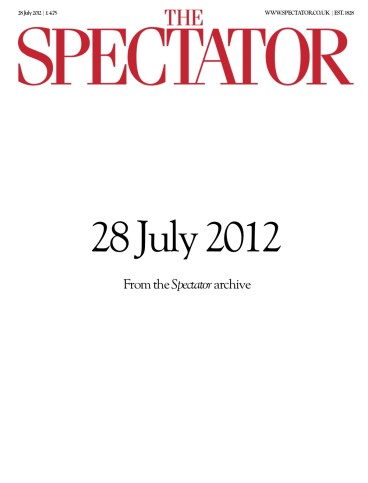Bricks and nectar
Not many beekeepers ferry so many black bin liners in and out of their tower block that the local council suspect them of running a crack den (the same council who have missed the real crack den in the basement). Not many beekeepers transport their hives in a decommissioned London taxi, narrowly avoiding disaster when





